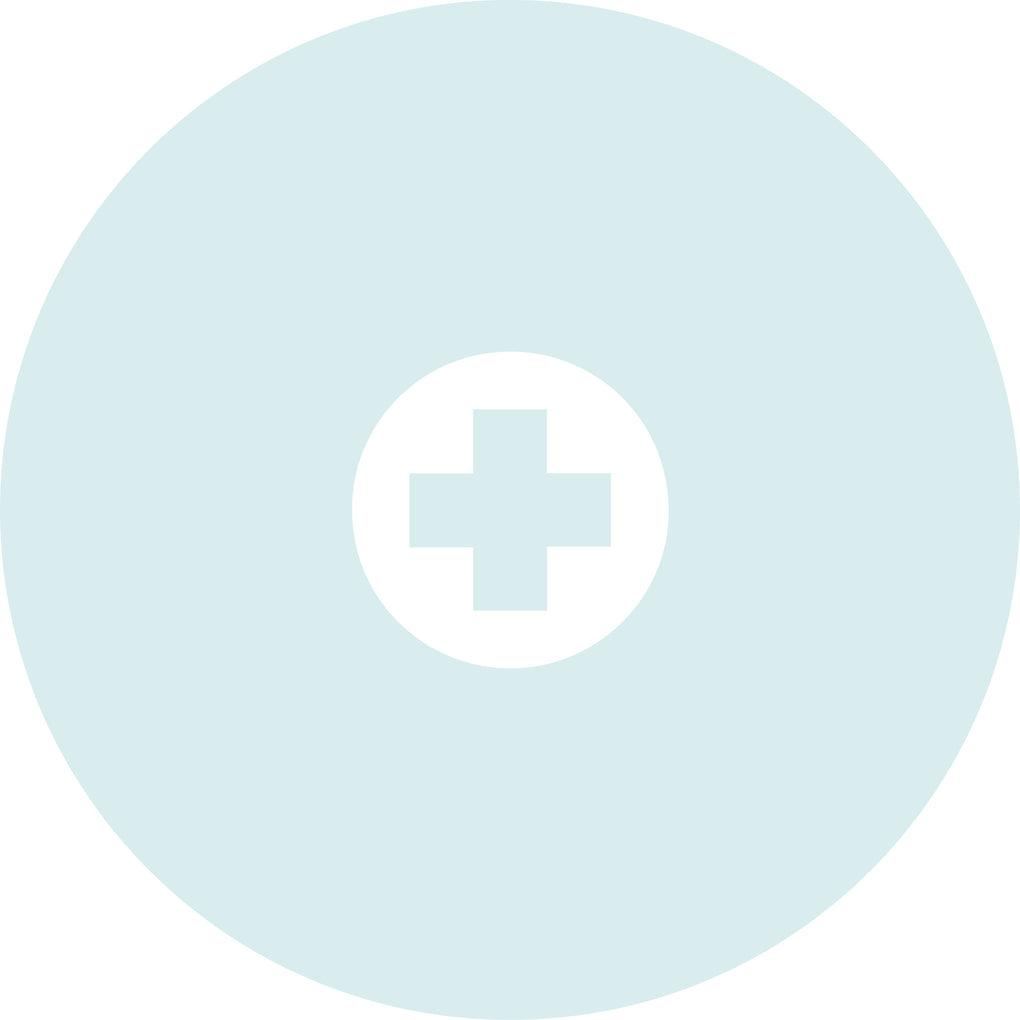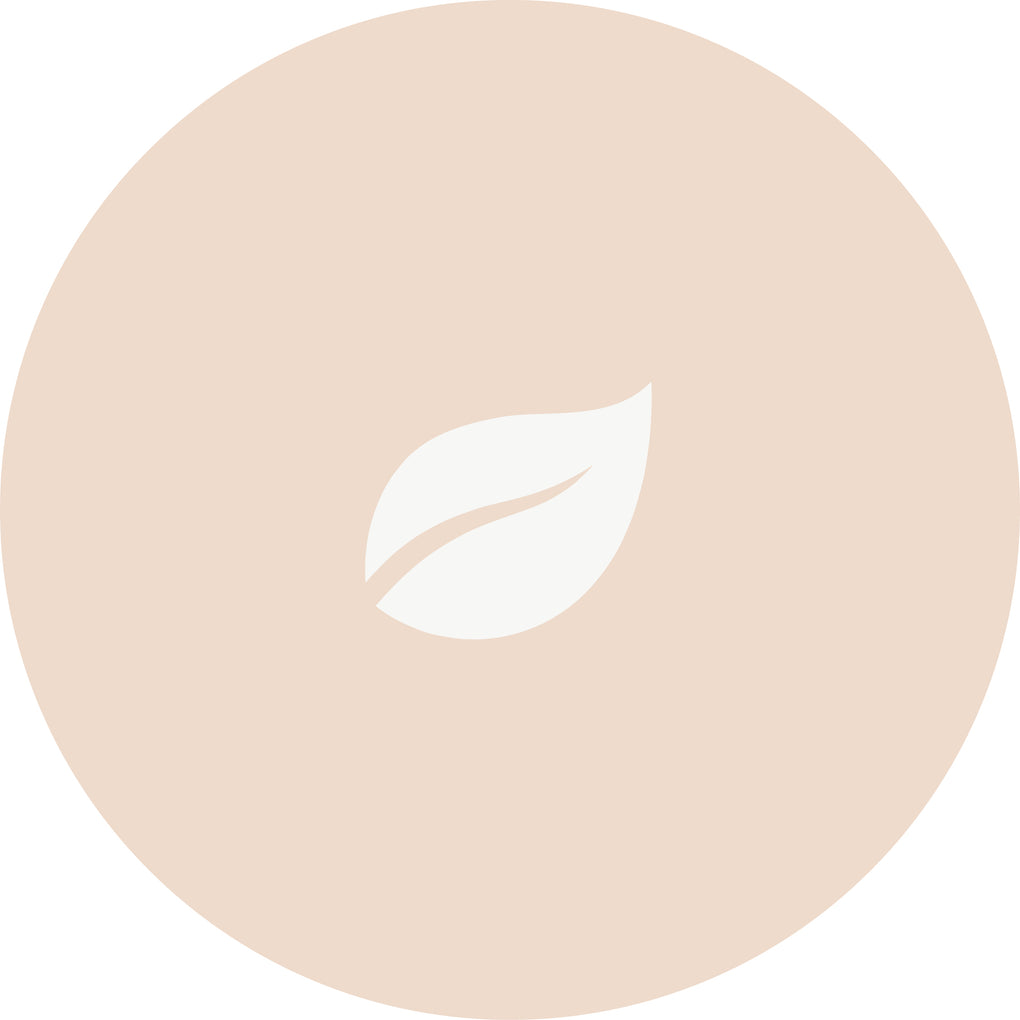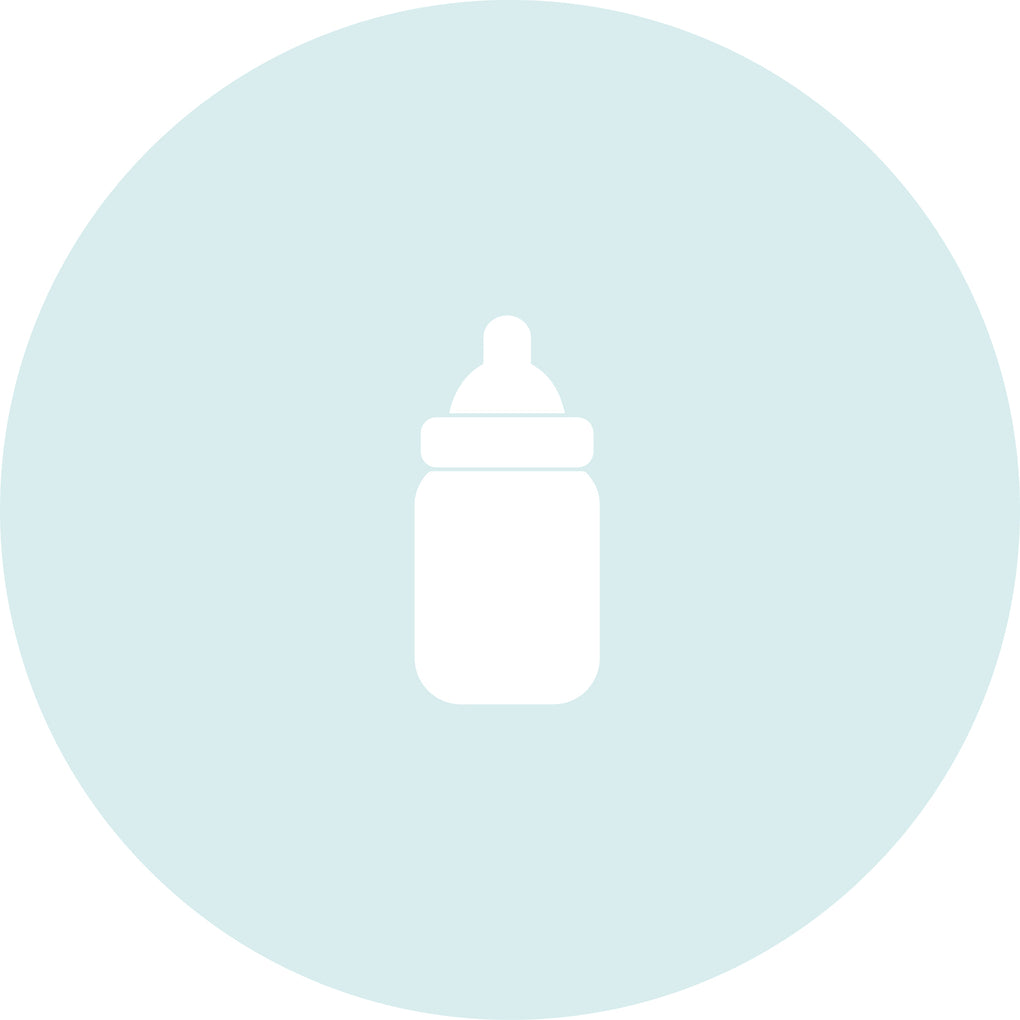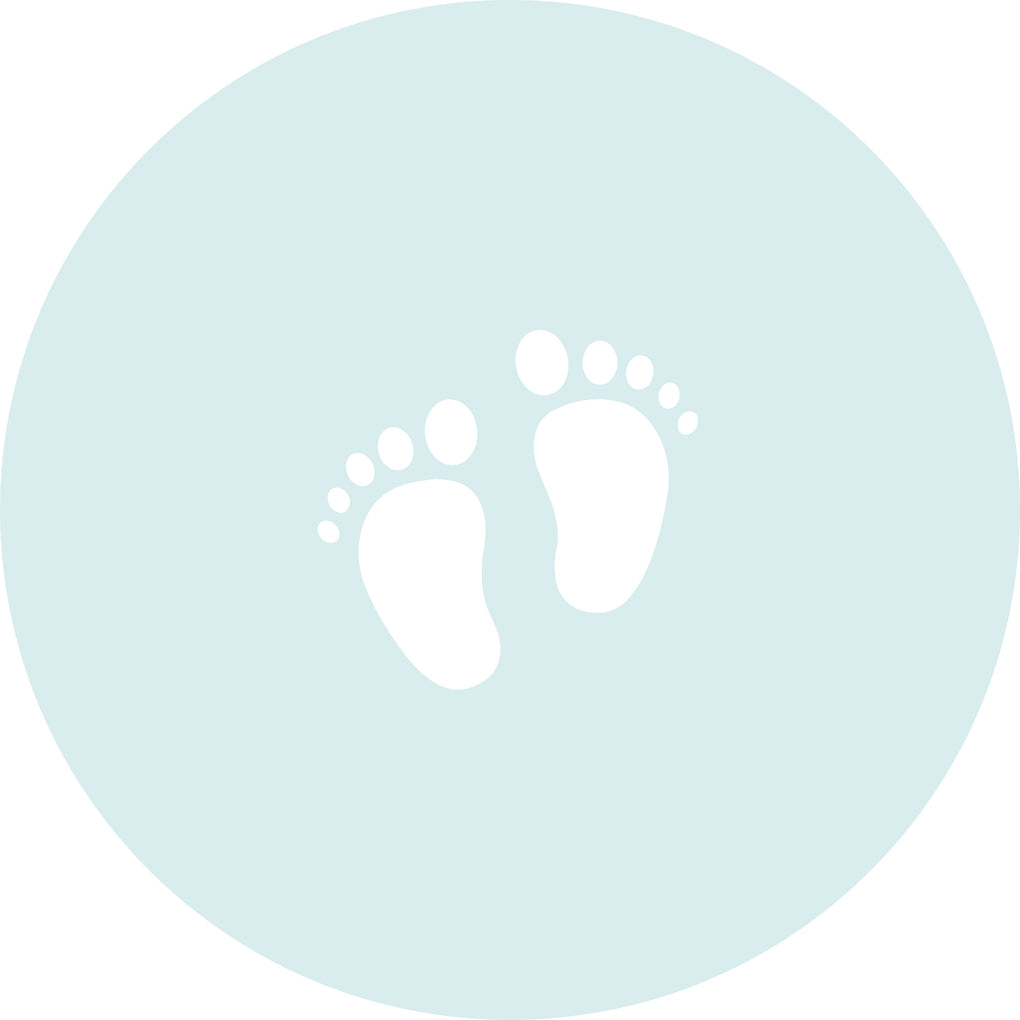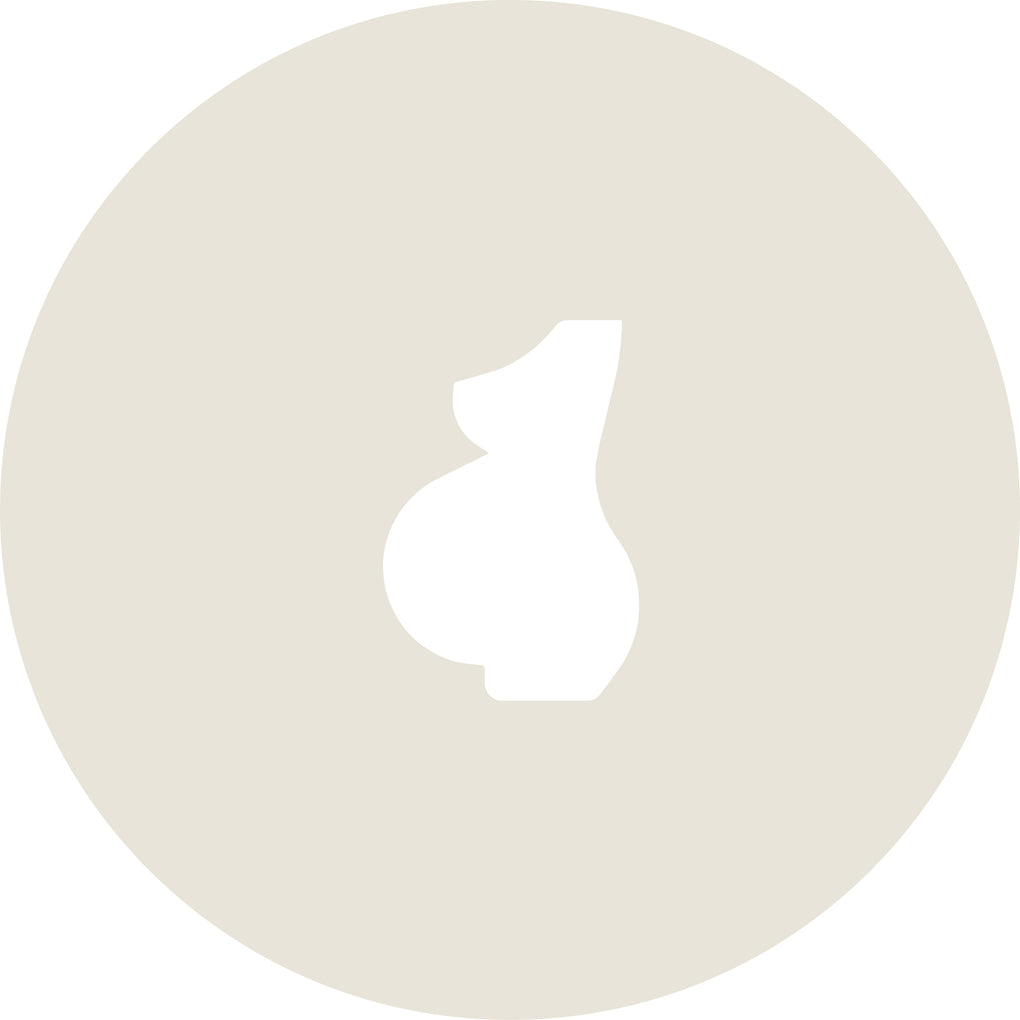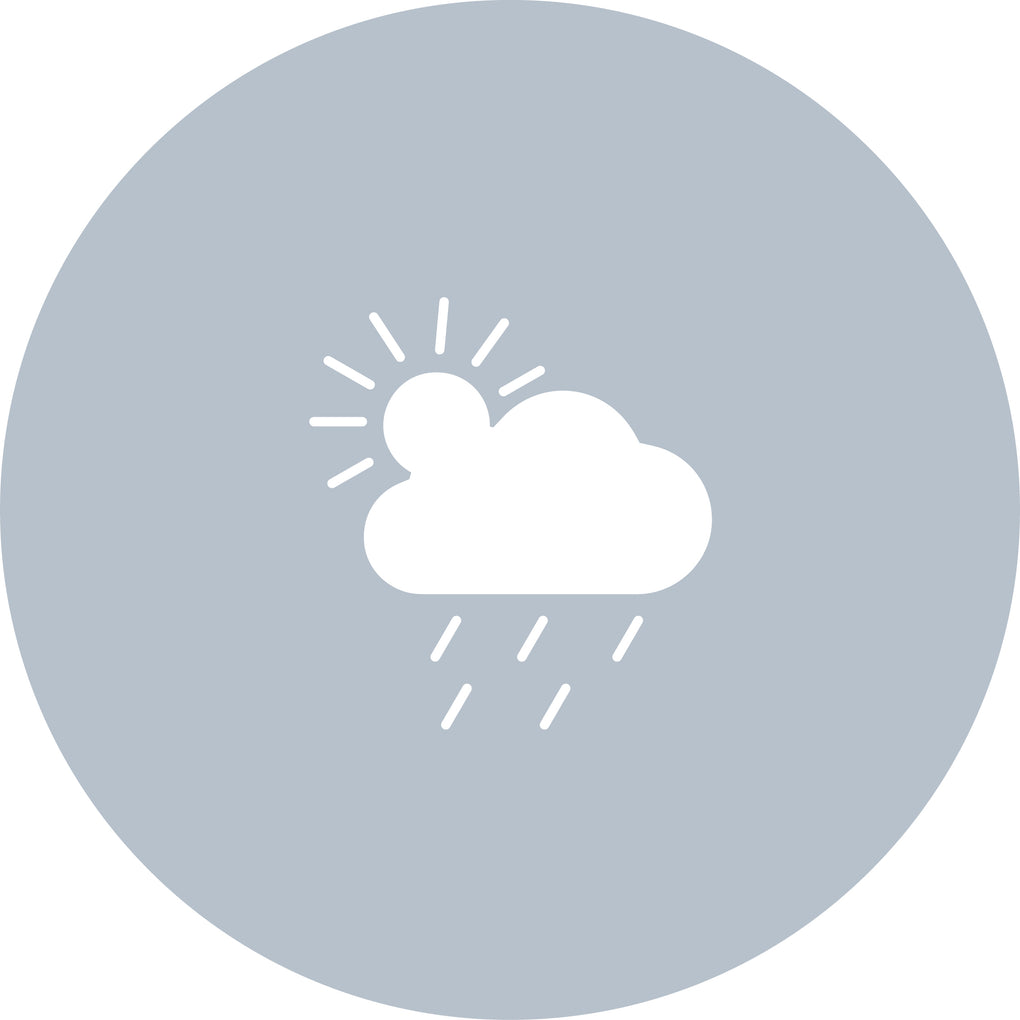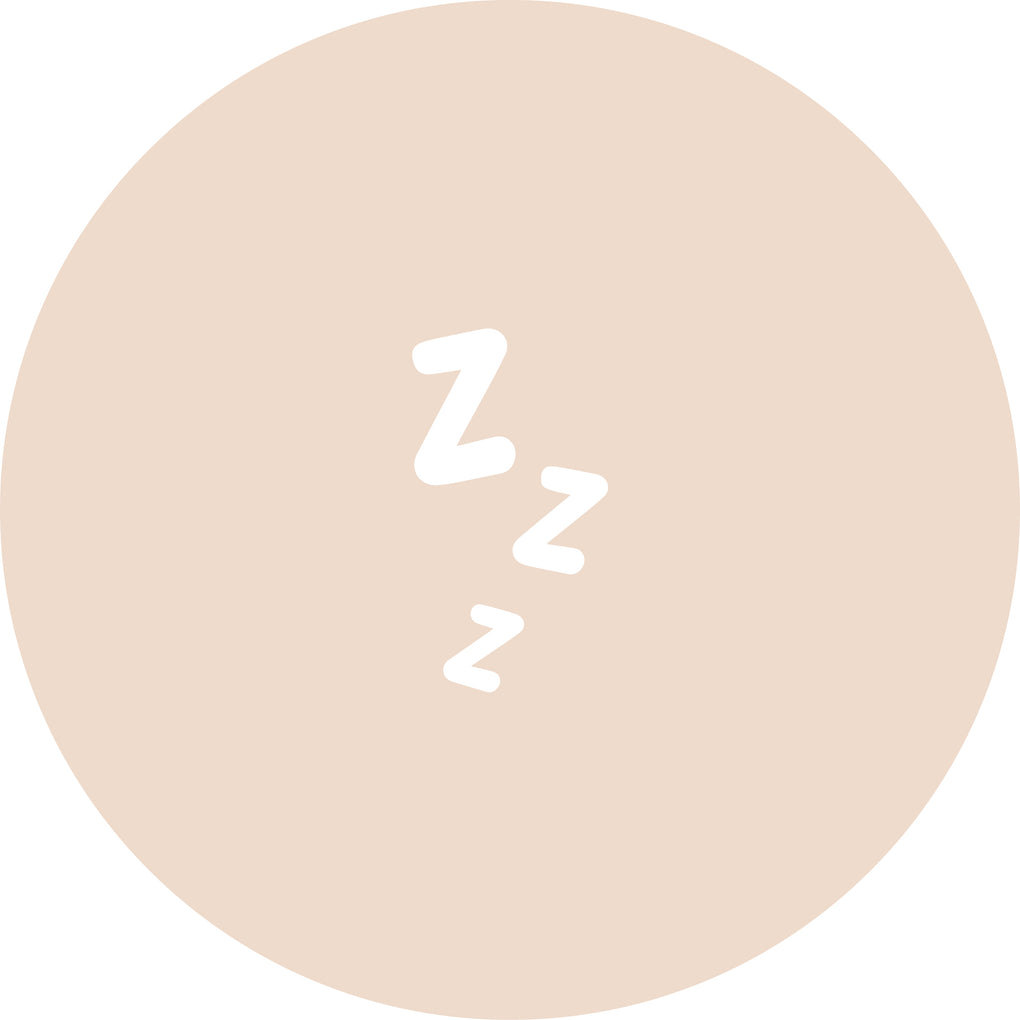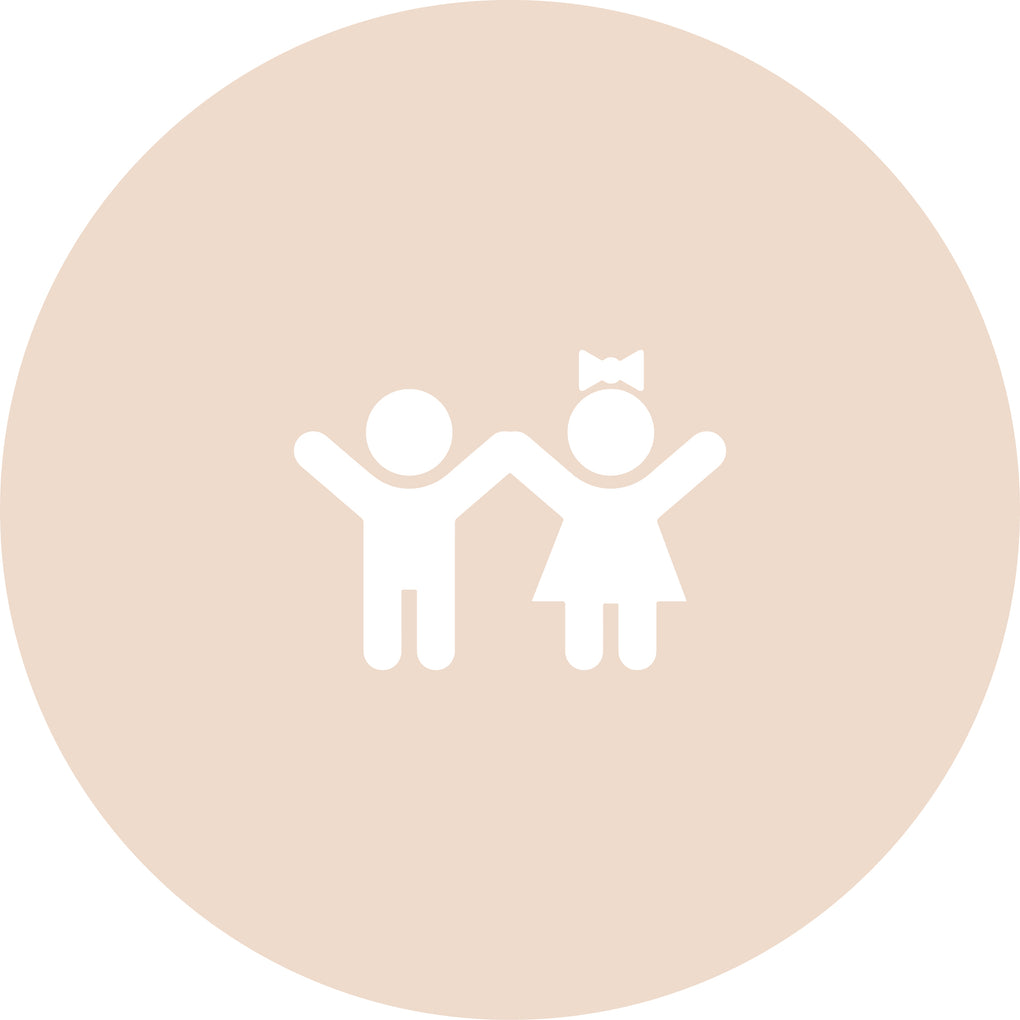Wet wipes are every Mum’s hero weapons against daily parenting tasks. These handy inventions can be used to clean up messy mouths, sticky hands and help with nappy changes plus clean surfaces for that extra squeaky clean feeling. The UK love their wet wipes, we spend more than £500 million a year on wipes of all kinds, used for everything from cleaning our kitchens to cleaning our babies bums.
Though they can be convenient, wet wipes are quite problematic for the planet. We’re all guilty of reaching for a wet wipe as an easy solution for cleaning up messes, but that split second decision has a long lasting effect on the rest of the planet for years to come.
What’s the problem with wet wipes?
In a nutshell, the problem with wet wipes is that they contain non-biodegradable plastics. Due to those pesky synthetic fibers, wet wipes do not break down and represent a hefty proportion of non-biodegradable waste in landfills. By now, we are all familiar with the trouble that is being caused from plastic waste to the environment, put simply, plastic doesn’t go away. It simply breaks down into smaller particles, polluting land, oceans and entering wildlife and human food chains.
Many wet wipes are advertised as “flushable” but this is far from the case. Even if they are labelled flushable, this does not mean they should end up down your loo. Wet wipes don’t disintegrate at the rate or in the same way that toilet paper does. This means they form congealed masses that block drains and sewer systems. Research shows that wet wipes actually make up more than 90% of the material that causes fatbergs and other sewer blockages. Just earlier this year there was a 64 METRE ‘fatberg’ (hardened fat, oil and wet wipes) longer than 6 double decker busses discovered in a sewer in the UK.
As well as being a regular nuisance in wastewater systems, wipes also find their way into our precious oceans where they will cause long-term problems for sea creatures and the marine environment. To add to this, river-cleaning teams have found that flushed wet wipes have actually formed a new riverbed in the Thames. A report stated that conservatives found more than 5,000 wet wipes along the Thames in an area the size of half a tennis court.
Not only are they having a negative effect on the environment, wet wipes also have an effect on human health as well. To enhance their softness, cleaning ability and smell, wet wipes contain a whole cocktail of chemicals. These chemicals can irritate skin, especially delicate baby skin, causing rashes and inflammations.

How can you help?
A statement released by the Department for Environment, Food and Rural Affairs (Defra), said wet wipes are among the most ‘avoidable plastic waste’ and we agree! There are so many options that are kinder to the environment and skin compared to standard wet wipes that hopefully we can soon see a world with less or no wet wipes! The environment, and your wallet will thank you for it. Wet wipes are pricey items that you are literally flushing down the drain. Opting for eco reusable alternatives will help you save the pennies as well as the planet.
Below are some of our favourite products that will help you make the switch from single use wet wipes to more eco friendly alternatives.
Alternatives
TotsBots Reusable Wipes
Say goodbye to sending thousands of wipes to landfill with these TotsBots Reusable Wipes. These double sided wipes are a cotton and bamboo blend which are super soft on delicate skin. These wipes are 100% oekotex certified, free from alcohol, chlorins and parabens. Each pack comes with 10 wipes, you can also choose if you want plain white wipes or colourful bold prints.
The TotsBots reusable wipes come in a handy reusable pouch that double up as a waterproof bag, perfect for when you are on the go or storing your wipes at home. Once used, simply pop the dirty wipes in the washing machine on a wash at 40 degrees for wet spills or 60 degrees for soiled with non bio powder. Then dry them either on the line or on a cool tumble dry setting.
With no nasty chemicals these bamboo wipes are super soft on your baby’s skin giving a lovely natural cleaning solution against messes.
Close Pop-in Reusable Bamboo Wipes
Another great option is the Close Pop-in reusable bamboo wipes. These super soft wipes are made from a bamboo and viscose mix rather than cotton which makes them naturally anti-bacterial. Perfect for multi-purpose use on delicate skin, face hands and bottoms.
You can use these dry or wet them with water depending on the mess you are trying to clean up. These Close wipes come in a pack of 10 all in 5 gorgeous pastel colours perfect for both boys and girls. They come in a handy waterproof draw string bag perfect to pop in your changing bag when on the go to store new or used wipes in. Simply wash these wipes after use, ready for them to be used again next time!
Or check them out in this beautiful bright selection of colours. Make an eco statement with the Close Pop-in Reusable Bamboo Wipes in this new selection of bright colours.
DIY
Alternatively you could do it yourself! Simply cut up old flannels, terry clothes, cloth napkins and use them as reusable wipes. The only requirement is that it is an absorbent material, can be washed and is cleaned before use to remove any old stains or germs. You could even soak them in a home-made cleaning solution which is similar to that of baby wipes such as baby oil and chamomile tea to help clean any messes.
Harry & Rose Nappy Wipe Spray
Single use wet wipes are known for cleaning up hard to tackle messes with ease, but it is the chemicals used in these wet wipes that can cause irritation or inflammation on delicate skin. A nappy spray is a perfect alternative to use directly on the skin or on reusable wipes or even tissue when trying to clean up those trickier messes. We would recommend the amazing Harry & Rose baby nappy spray, it helps freshen moisturise and protect baby’s delicate skin. This nappy spray is hypoallergenic and made from 100% organic materials.
Every parent will know how amazing it is to have a multi-tasking product, with it’s gorgeous scent, soothing and moiturising qualities, this Harry & Rose Nappy Spray is sure to quickly become a changing bag essential.

Close Pop-in Stuff Sack
We know the thought of carrying around dirty wipes whilst you are out and about can feel a little icky. We always make sure we are prepared by carrying around a spare bag for the dirty wipes to go in. We would recommend the Close pop-in stuff sack to put any dirty products in and keep them separate from other items in your bag.
Simply pop in any dirty items, roll the top and secure it with the clip at the top. You can travel around safe with the knowledge that both any nasty smells and wetness will stay locked inside until it’s time to dump them in the washing machine. This bag can also be used to store anything such as dirty nappies, wet clothes, muslins or swimwear.
Say no as much as possible
Parents have come to rely heavily on the handy and easy nature of the wonderful wet wipe, children are messy little things after all and any easy solution is welcome. We understand this and if you really can’t give up the wet wipe completely just yet, at least make sure they do not end up being flushed down the toilet. Even if they are labelled flushable, the best way to dispose of them is in the waste bin. Of course, these wipes will still end up in landfill but at least they avoid clogging up the sewer systems. The best option is still to use less or none at all as much as you possibly can, opting instead for our recommended alternatives.
Making these small swaps permanently, or as often as you can, will help make a huge difference to the state of the world that your little one will be growing up in. We can all do our bit!
Discover other ways you can help reduce your plastic waste >>




